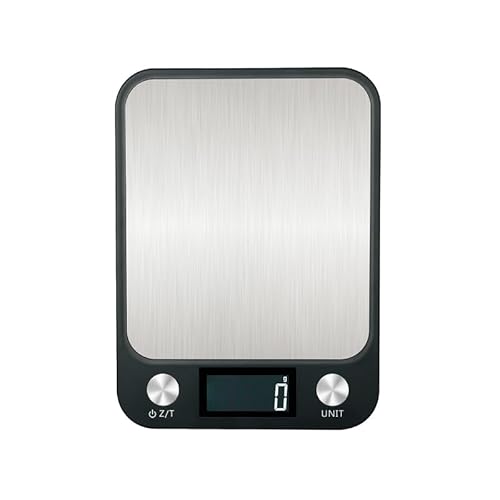Saltynuts
Well-Known Member
I was not trying to make anything creative here, just wanted to try 100% flax oil soap to see how it came out. See picture below. I mixed oil and lye solution in the glass, then set the glass in a big pot of water on the stove and turned the stove to the lowest setting possible. Water never came close to boiling. I was trying to "hot process", but very low temperature.
Then after it cooked a looong time, and passed the "zap" test, I put the glass with the soap in it into an oven that was pre-heated to the very lowest temperature (170 F) and I actually opened the door to let out some of the heat, put the glass with the soap in it inside, turned the oven light on and the temperature off, and let it sit overnight.
When I pulled it out the next day, it looked very much like in the picture below, even though in the picture below the soap has been sitting there for like 2 extra days.
Does that look right? Other than the top layer the soap below it all looks like its still wet. Shouldn't it have dried after a few days?
Thanks for any thoughts!!
Sorry, that one was not a good shot, here is one showing it better:

Then after it cooked a looong time, and passed the "zap" test, I put the glass with the soap in it into an oven that was pre-heated to the very lowest temperature (170 F) and I actually opened the door to let out some of the heat, put the glass with the soap in it inside, turned the oven light on and the temperature off, and let it sit overnight.
When I pulled it out the next day, it looked very much like in the picture below, even though in the picture below the soap has been sitting there for like 2 extra days.
Does that look right? Other than the top layer the soap below it all looks like its still wet. Shouldn't it have dried after a few days?
Thanks for any thoughts!!
Sorry, that one was not a good shot, here is one showing it better:


















































